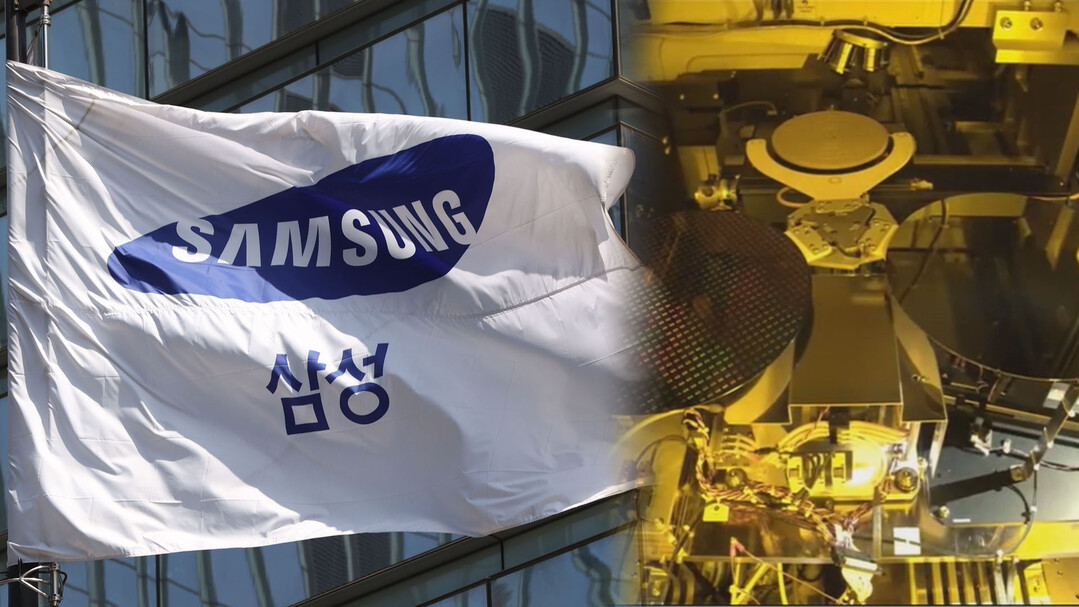
Austin, Texas – Samsung Electronics has received final approval for a $4.75 billion US government subsidy to expand its semiconductor manufacturing operations in Texas. The announcement comes amid a period of political transition in the United States, with a new administration set to take office next month.
Originally, the South Korean tech giant had been in line for a larger $6.4 billion subsidy under a preliminary agreement signed in April. However, the final amount was reduced by approximately 26%. The US Department of Commerce cited the need for additional scrutiny and alignment with broader policy goals as reasons for the adjustment.
The subsidy, authorized under the CHIPS and Science Act, will support Samsung's plans to invest more than $37 billion to transform its existing Texas facility into a comprehensive advanced chip development and manufacturing ecosystem. The move is expected to create tens of thousands of high-quality jobs and solidify the United States' position as a global leader in semiconductor production.
"With this investment in Samsung, the United States is now the only country home to all five of the world’s leading cutting-edge chipmakers," said US Commerce Secretary Gina Raimondo. "This will ensure a stable domestic supply of leading-edge chips essential for artificial intelligence and national security."
Political Undercurrents
The timing of the subsidy announcement and the reduction in funding have raised eyebrows among industry observers. The Biden administration has been under pressure to expedite the disbursement of funds under the CHIPS and Science Act before the incoming Trump administration takes office. While the Trump administration had initially supported domestic semiconductor production, its policies towards foreign companies, including those from South Korea, have often been unpredictable.
Industry Implications
Samsung's expanded presence in the US will not only bolster the domestic semiconductor supply chain but also intensify competition with other global chipmakers. The company's decision to invest heavily in advanced chip manufacturing in Texas aligns with broader industry trends, as demand for high-performance chips continues to soar driven by applications in artificial intelligence, 5G networks, and data centers.
Beyond Samsung
In a separate development, the US Commerce Department also announced a $458 million subsidy for SK Hynix, another major South Korean chipmaker. These investments underscore the Biden administration's commitment to revitalizing the US semiconductor industry and reducing reliance on foreign suppliers.
[Copyright (c) Global Economic Times. All Rights Reserved.]






























